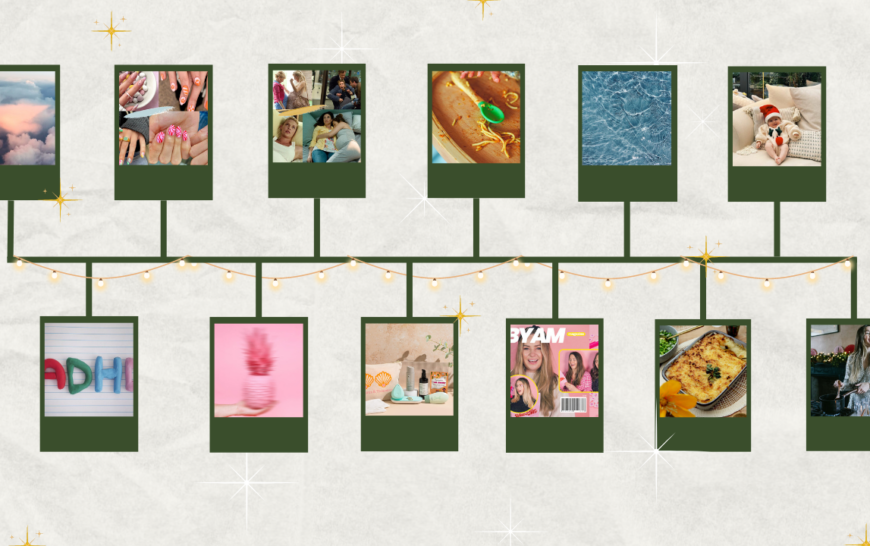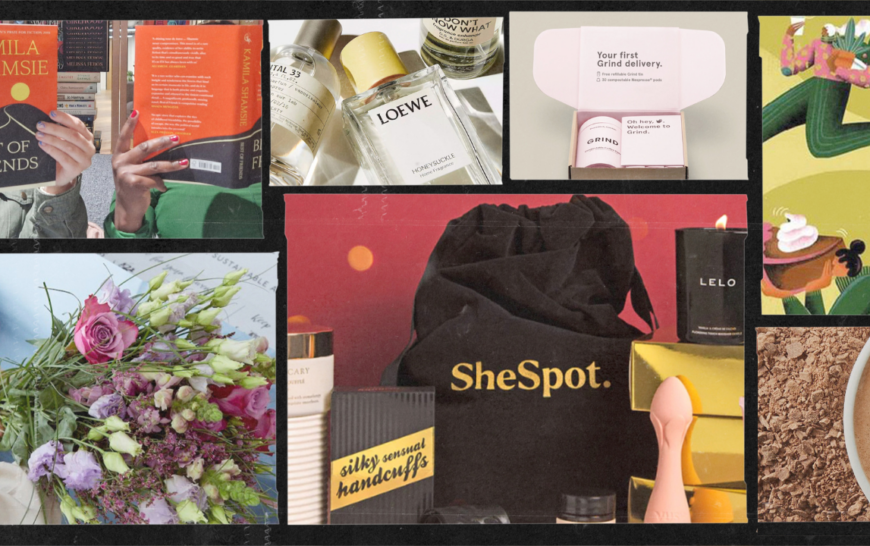
Can a Hobby Help Combat Depression? The Art of Discovering Something You Love…
Not only does learning a new skill or pastime help your conscious brain by offering a tangible distraction, the act of consistently partaking in a hobby can help to relax the body and mind by tuning in to the parasympathetic nervous system and helping you to find a more neutral go-to.
Living life alongside depression, whether it be a daily battle or appearing in bouts, can be a complex and draining experience, oftentimes leading to a lack of motivation and desire to do anything other than basic survival. Lockdown (all three of ‘em) has tested the mental health of everyone, but there is something to be said for partaking in a hobby that might just be the golden ticket to healthy distraction from the complexity of mental illness.

Finding the motivation to do even the simplest of tasks can be so difficult for those suffering with depression, but any baby steps in the right direction toward breaking your normal routine and trying something new can all be seen as positives.
Not only does learning a new skill or pastime help your conscious brain by offering a tangible distraction, the act of consistently partaking in a hobby can help to relax the body and mind by tuning in to the parasympathetic nervous system and helping you to find a more neutral go-to. Studies show that “engaging in creative behaviour such as a hobby leads to increases in wellbeing that last until the next day”, showing the positive upward spiral that can be achieved if you add these activities to your routine regularly. Finding the motivation to do even the simplest of tasks can be so difficult for those suffering with depression, but any baby steps in the right direction toward breaking your normal routine and trying something new can all be seen as positives.
Sounding too good to be true? Keep reading for the ultimate accessible activities list, and learn how to make your hobbies habitual…
Cooking up a storm
Did somebody call the Duke of Hastings because wow your cooking skills are leaving us speechless after one lick of that spoon. Planning meals and cooking for yourself regularly can be really challenging when basic self-care feels unachievable, but there’s a lot to be said for a little extra time in the kitchen both to nourish your body and heart.
Cooking is an incredibly grounding activity, focusing the mind on small, achievable steps at a time and temporarily allowing you to give focus to something tangible.
Hobbies that not only help to soothe your mind but also enhance your day are endlessly beneficial, and cooking a simple but delicious meal provides a huge boost of accomplishment, whilst also ticking off survival self-care in one fell swoop.

For those with difficult relationships with food, learning to perfect some basic but tasty meals or bakes can be even more rewarding in the long run. We believe in you!
Please don’t stop the music
The pubs and clubs might be closed but come hell or high water, we’ll still be bopping around the kitchen with a drink in hand. There are mood-boosting chemicals aplenty to be found after a shimmy to Shake It Off (other pop songs are available), with studies finding the increased levels of happiness after dancing can manifest in the body for up to a week afterwards – work smarter, not harder people.
Tension and uneasiness are common feelings that can manifest in the body of those struggling with depression, but dancing freely or committing a routine to memory can free up headspace
Tension and uneasiness are common feelings that can manifest in the body of those struggling with depression, but dancing freely or committing a routine to memory (yes a TikTok dance does count) can free up headspace by dispelling nervous energy, and release mood boosting-chemicals that unlock a portal to a calmer mind. Ya see, there’s a lot of magic to be found in a good zig-a-zig ah.
And it doesn’t stop there – the human connection that can be harnessed from dancing with others helps to increase feelings of interconnectedness and community, giving us another glimmer of positivity on our long list of things to look forward to post-pandemic.
Move, stretch, breathe, repeat
In states of dissociation and extreme low mood, it’s easy to feel like the world is moving on around you whilst you’re standing still. Using grounding techniques can help redirect your brain from distressing thoughts and allow you to come into your body and calm the mind.

Yoga and Pilates are wonderful, mindful hobbies to take up and require no equipment, (if you don’t have a yoga mat you can use a beach towel or blanket) whilst making a big difference to your day and general mood. If you struggle with insomnia due to mental illness, then small breathing and stretching practices can do the world of good in relaxing the mind and body and signifying to your brain that it’s time to rest. We love Yoga with Adriene, @mindfuldeandre and @theunderbellyyoga.
The art of average art
Art therapy is a real thing, and you don’t need to be in formal counselling to feel the benefits. Using different artistic mediums to express your feelings is a great way of venting and channelling emotions that might feel hard to vocalise verbally.
This is your gentle reminder that hobbies do not need to be productive
Art therapy is said to help improve self-esteem, mood and overall wellbeing, and is especially beneficial in helping participants feel less isolated- something we can appreciate right now. And you don’t need to be a Van Gogh in the making, no siree! This is your gentle reminder that hobbies do not need to be productive, and the act of channelling time and energy into something calming in itself is something we can all benefit from, regardless of the creative outcome.

“Our ‘hobbies,’ have become too serious and lost here is the gentle pursuit of a modest competence, the doing of something just because you enjoy it, not because you are good at it,” – Tim Wu, Author and Columbia University law professor.
Finding your inner author
Whether it be journaling about your IRL worries or taking yourself to another destination altogether, getting thoughts down on a page is something that can help quiet the brain and grant a moment of clarity. We’re loud and proud fans of Matt Haig and his brilliant collection of books are a testament to how beneficial it can be to channel difficult emotions into creative writing.
Oftentimes the lows of depression can trigger thoughts it might be difficult to share with loved ones, but writing provides an outlet for these spiralling anxieties that might be challenging for even you to decipher.
Writing is like an exploration of the mind, unlocking doors that might currently feel slammed shut and helping you to feel more in touch with yourself and others. And, if it’s a community you’re seeking out, there are endless online groups that can connect you with others and encourage you to share your words, if you wish to.

In a pandemic winter it can feel preferable to hide under the covers with Netflix and a mountain of carbs, and whilst on many occasions this is totally valid, even the smallest dip of a toe into a new hobby can be transformative in extended periods of low mood. Rope in a friend and hold each other accountable or switch up your routine with someone in your household and let’s get working on our mental health pals.




